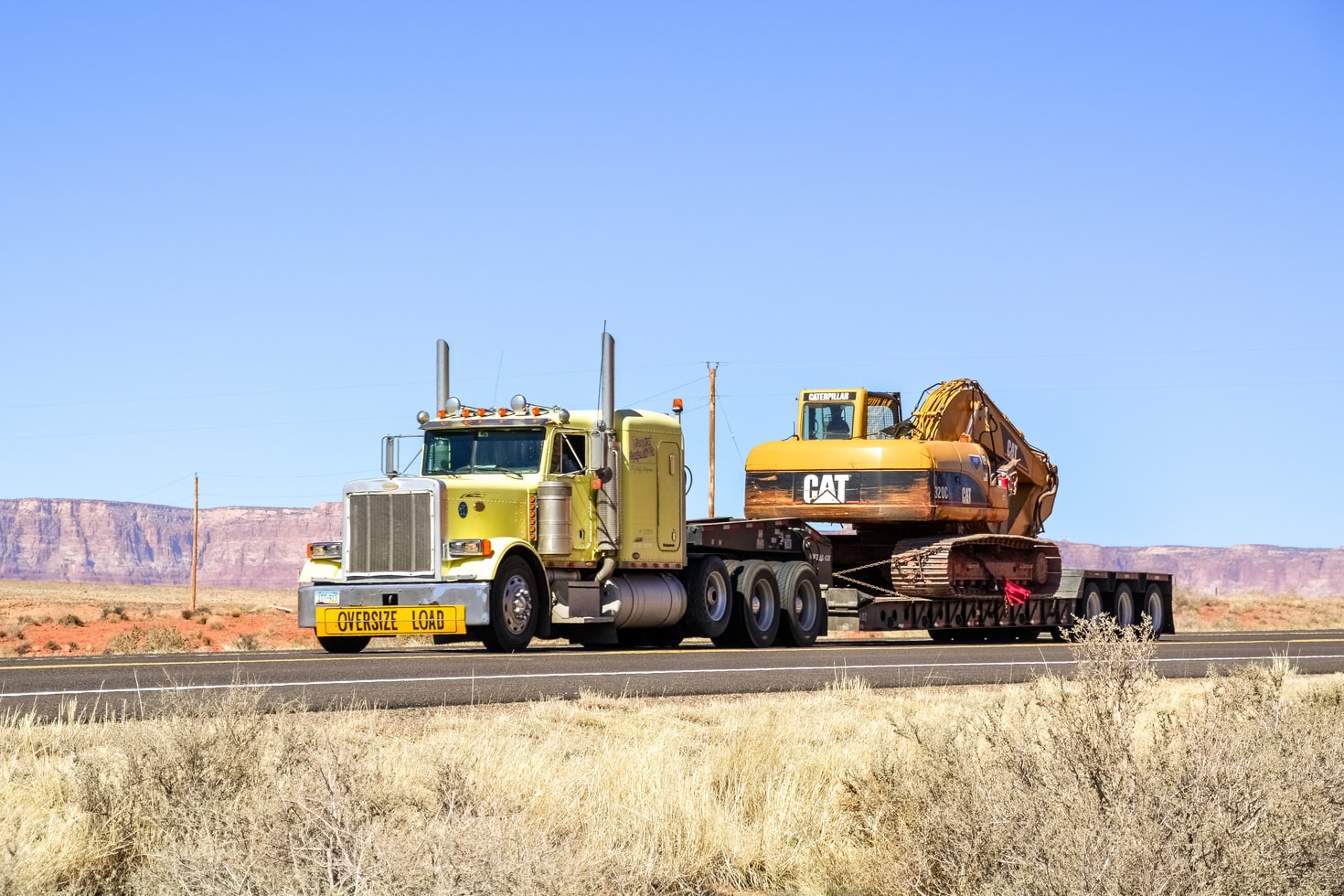What Trucking Insurance Do I Need?
Insurance for trucking and transportation companies is very different from personal auto insurance. If you run a trucking business, having the right insurance is essential.
Trucking insurance helps protect drivers and businesses in several ways. The Federal Motor Carrier Safety Administration (FMCSA) requires trucking companies to have insurance before they can operate, and the Department of Transportation (DOT) requires proof of liability insurance when applying for an Operating Authority/MC Number. Many shippers won’t trust a company with their freight unless they see proof of insurance. Having insurance means your trucking business is up and running, and you must always have proof of coverage available for audits or accidents.
Trucking insurance can be expensive. The upfront costs and monthly payments can add up to thousands of dollars, but it’s necessary to protect both your business and your customers. When customers trust you with their shipments, they rely on you to deliver their goods safely. These shipments often represent their profits, so damaged goods can lead to lost customers for you. Insurance helps prove that you are trustworthy and ensures that you won’t have to pay for all damages out of pocket if an accident happens.
Types of Trucking Insurance
There are different types of coverage available for commercial truck insurance. If you haul hazardous materials or oversized loads, the insurance requirements may be even higher. It’s important to work with an insurance provider who understands the trucking industry and can recommend the right coverage for your needs. Some policies may protect your truck but not the cargo, which could put you in a tough situation if something goes wrong.
Here are some common types of trucking insurance policies:
- Motor Truck Cargo Insurance – Covers the freight or cargo being transported.
- Motor Truck General Liability Insurance – Covers claims for bodily injury, property damage, advertising injury, and other liabilities.
- Non-Trucking Liability Insurance – Covers the truck when it is used for personal, non-business purposes.
- Bobtail Insurance – Protects a truck when it is being operated without a trailer, whether under dispatch or not.
- Limited Depreciation Coverage – This helps cover the gap between the insurance payout and the actual cost of replacing or paying off the truck.
- Mechanical Breakdown Insurance – Helps cover repair costs for mechanical failures.
- On-Hook Coverage – Covers vehicles that are not owned by the business while they are being towed or hauled.
- Optional Downtime Coverage – Provides financial protection when a truck is out of service for repairs.
- Trailer Interchange Agreement Insurance – Covers damage to trailers that are not owned by the trucking company.
- Passenger Accident Insurance – Provides coverage if an accident happens while an uninsured passenger is in the truck.
- Physical Damage Coverage – Protects the truck in case of physical damage.
To get commercial truck insurance, trucking companies need to provide detailed information about their business. If a driver hauls over 26,000 pounds, they must have a Commercial Driver’s License (CDL). Drivers who have had their CDL for less than two years usually pay higher insurance rates because they are considered higher risk. Companies also need an active Motor Carrier and DOT number, depending on their type of business. Additionally, they must provide truck details, such as make, model, year, and VIN.
Your minimum required limit depends on the type of freight you haul.
| Type of Freight | Minimum Limits |
| Non-hazardous freight moved in vehicles under 10,001 lbs. | $300,000 |
| Non-hazardous freight in vehicles over 10,001 lbs. | $750,000 |
| Oil moved by For-Hire and Private Carriers | $1,000,000 |
| Other Hazardous Material moved by For-Hire and Private Carriers | $5,000,000 |
Many shippers and brokers require you to have a liability limit of at least $1,000,000 regardless of what type of material you haul.
Commercial Truck Insurance Requirements
To get commercial truck insurance, trucking companies need to provide detailed information about their business. If a driver hauls over 26,000 pounds, they must have a Commercial Driver’s License (CDL). Drivers who have had their CDL for less than two years usually pay higher insurance rates because they are considered higher risk. Companies also need an active Motor Carrier and DOT number, depending on their type of business. Additionally, they must provide truck details, such as make, model, year, and VIN.
What Is a Self-Insured Company?
A self-insured company does not work with a regular insurance provider. Instead, the company takes on the financial risk of insuring its drivers. This allows the company to accept drivers that traditional insurance companies might reject due to tickets, accidents, or other incidents. However, self-insured companies must set aside large amounts of money to cover potential accidents and claims.
New drivers with no experience also face difficulties getting insured. Most insurance companies require at least two years of driving experience. Some self-insured companies provide coverage for new drivers, but this comes with higher costs because of the increased risk. The amount of money a self-insured company must set aside is usually higher than the cost of traditional insurance, but it allows them to hire drivers that other insurance companies would not cover.
FCCR is a proud partner of Marquee Insurance Group. Visit https://marqueeig.com to get a FREE insurance quote today!
Related Articles:


